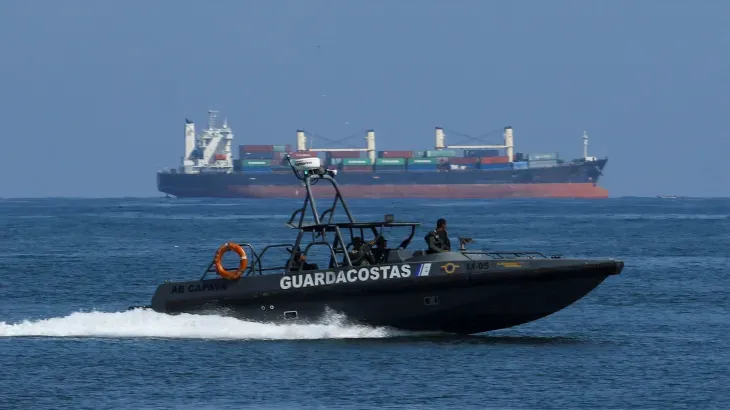US Strike in Caribbean Yields Survivors — A First in Trump’s ‘Narco‑War

A Shocking First in America's Drug War at Sea
In a dramatic shift in the U.S. military’s ongoing battle against drug trafficking, a strike this week in the Caribbean ended with something we haven’t seen before — survivors.
Until now, every American strike on suspected drug boats in the region had ended in complete destruction and zero survivors. This latest operation breaks that pattern and raises serious new questions about the rules, goals, and future direction of the campaign.
What We Know About the Strike
A Targeted Hit — But Not Everyone Died
On Thursday, the U.S. military carried out an airstrike on a suspected drug-smuggling vessel somewhere in the Caribbean. For the first time since the start of these operations, some people aboard the boat survived the attack.
No official details have been released about how many people were on the boat, how many died, or how many lived. What we do know is that this is a major departure from what we've seen before — where vessels were completely wiped out in precision strikes.
Survivors Raise Major Questions
Now that we know survivors exist, the focus turns to what happened next. Were they rescued or left adrift? Did U.S. forces offer aid or detain them? Are they now in military custody — and if so, where?
The Pentagon has yet to respond to growing curiosity and concern, leaving experts and lawmakers to speculate.
The Bigger Picture: America's “Narco-War”
A Campaign Shrouded in Secrecy
This strike is part of a larger military campaign launched under the Trump administration, which has labeled certain drug trafficking groups as "narcoterrorists." The military is treating them like enemy combatants, making them fair game for lethal strikes — even outside of war zones.
More Than Just Boats
This isn’t just about a few patrols. The U.S. has ramped up its military presence in the Caribbean in a major way. The deployment includes:
- Guided missile destroyers
- F-35 fighter jets
- A nuclear-powered submarine
- Around 6,500 U.S. troops
The message is clear: this is not just a drug bust. It’s a full-scale military operation.
Fallout: Is This Legal?
Venezuela Fires Back
Most of these strikes are happening off the coast of Venezuela. That nation’s government is now asking the United Nations to step in, claiming the U.S. is violating its sovereignty by carrying out attacks so close to its borders.
In a recent letter to the U.N. Security Council, Venezuela demanded an international ruling on whether the strikes are legal — and urged the global community to condemn them.
U.S. Stance: “This Is War”
The Trump administration claims it is already engaged in a war — not with a country, but with violent drug trafficking groups. Under that logic, these strikes are justified under international laws of armed conflict.
But many legal experts — and some top Democrats — aren’t buying it. They argue that labeling drug smugglers as wartime enemies is a stretch, and sets a dangerous precedent for using military force far from the battlefield.
Leadership Shake-Up Adds to Uncertainty
Adding even more intrigue to the situation, the top U.S. commander responsible for Latin America operations is stepping down — two years ahead of schedule.
Admiral Alvin Holsey, the head of U.S. Southern Command, announced his resignation this week. The move was unexpected and comes at a time when tensions are running high in the region.
Senator Jack Reed, a senior figure on the Senate Armed Services Committee, called the timing “deeply troubling,” and warned that the administration may be ignoring critical lessons from past military conflicts.
What Happens Next?
Key Questions That Remain Unanswered:
- Who are the survivors, and what’s being done with them?
- Did the U.S. military provide aid, or were the survivors taken into custody?
- Is the administration planning to expand these operations even further?
- Could this escalate into a larger conflict with Venezuela or other countries?
Why This Changes Everything
The presence of survivors changes the dynamics. It's no longer just about targeting and destroying vessels. Now there's a human element — and potentially a legal one.
How the U.S. handles these survivors could set the tone for future operations and determine whether other countries see America as acting lawfully — or dangerously out of bounds.
Final Thoughts
This unexpected turn in the U.S. military’s anti-drug operations could mark the beginning of a much larger debate — both at home and abroad. With survivors now in the mix, the focus shifts from just firepower to human rights, legality, and diplomacy.
And as the campaign intensifies, one thing is certain: the world is watching.
